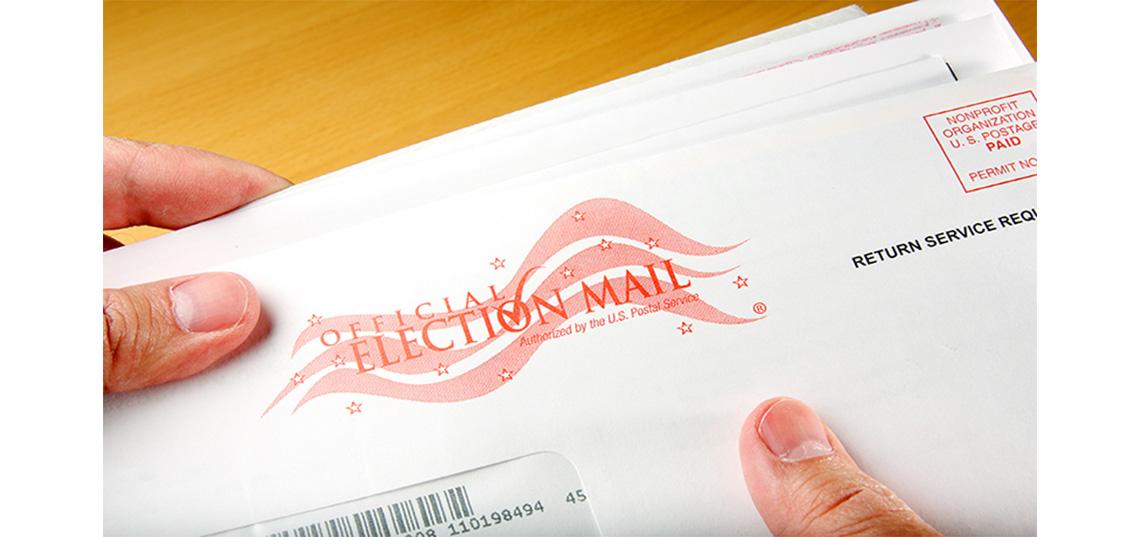
By Megan Schumann, Rutgers University Office of Communications
Sixty-four percent of people who plan to vote in November support making it easier to cast a ballot by mail, according to a new national survey led by researchers from Rutgers University–New Brunswick, Northeastern, Harvard, and Northwestern universities.
The survey, published by The COVID-19 Consortium for Understanding the Public’s Policy Preferences Across States, also reveals that 66% of likely voters support giving every American the right to vote by mail in November. Twenty-two percent oppose the idea.
“Overall, a majority of Americans support giving every eligible voter the right to cast a ballot by mail,” said co-author Katherine Ognyanova, an assistant professor of communication at Rutgers' School of Communication and Information. “Health concerns, crowded polling stations, and long wait times will likely dissuade many people from voting in person this November.”
The researchers surveyed 19,052 people across all 50 states plus the District of Columbia from July 10 to July 26, polling participants on their support for voting by mail, and likelihood to vote by absentee or mail-in ballot this November.
Forty-one percent of respondents said they were “very likely” and 23% said they were “somewhat likely” to vote by mail in November.
Researchers say the comparison with 2016, when a historic high of 21% of votes were cast by mail, highlights the potential for an enormous change.
“There are only seven states where most people voted by absentee or mail-in ballot in 2016 – Arizona, California, Colorado, Montana, Oregon, Utah and Washington,” said Katya. “The unprecedented scale of the potential use of voting by mail in 2020 presents challenges for some states in November.”
For instance, in New York State, 63% of respondents said they are likely to vote by mail in 2020 – a significant increase from 2016, when only 5% of New Yorkers voted by mail. In New Jersey, 70% of respondents said they are likely to vote by mail in 2020 – a significant increase from 2016, when 5% of New Jerseyans did so.
The experience of this spring’s primary elections, in which many states struggled with processing votes received by mail, is also a worrisome harbinger for the general election, the researchers said
“In the midst of a global pandemic, we find many Americans are planning to cast their ballots by mail this November,” said Ognyanova. “Most states need to prepare for a volume of mail votes that will be orders of magnitude larger than anything they have seen before. We should all be ready for the possibility that it may take days or even weeks before we have the results from this presidential election.”
The COVID-19 Consortium for Understanding the Public’s Policy Preferences Across States is a joint project of Rutgers University, Northeastern University, Harvard University and Northwestern University. The consortium has released eight reports and has charted public opinion related to covid-19 topics since late April.
For more information, visit: covidstates.org
More information about the Communication Department at the Rutgers School of Communication and Information is available on the website.
This article was originally published in Rutgers Today on August 3, 2020.
Photo: Shutterstock
